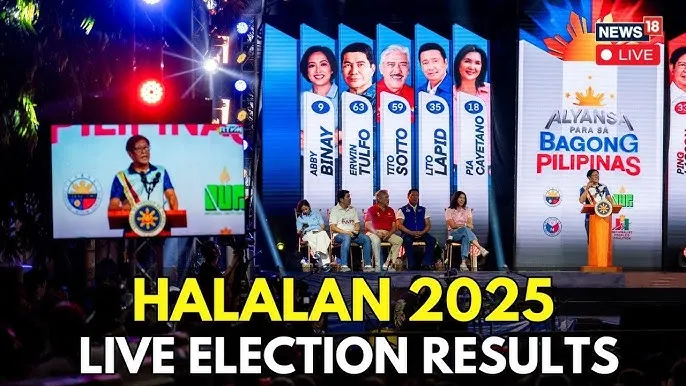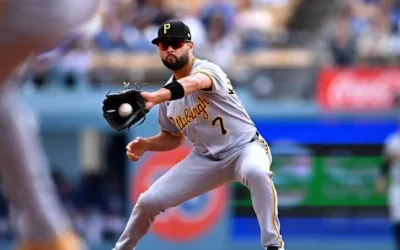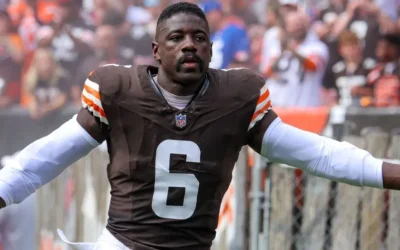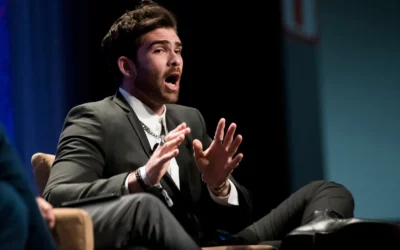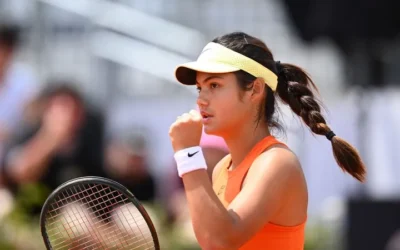Philippines Elections 2025: An Unforeseen Outcome
The Philippines Elections 2025 have finalized with understated yet powerful results, igniting various reactions within the political landscape and among the public. Former President Rodrigo Duterte’s unexpected rise back to the mayoral seat in Davao City exemplifies the tensions and evolving attitudes around his prior administration. This election encapsulates the population’s sentiments regarding governance, security, and leadership style bred during Duterte’s presidency.
A Brief Overview of the Elections
The Philippine elections held in 2025 showcased significant voter turnout and engagement across the archipelago. Amid these elections, there were various pivotal local races, while national focus remained on the prospects of former President Duterte, who had previously gained worldwide attention for his controversial policies.
Results from the elections have suggested a pronounced sentiment of trust returning towards Duterte, which contrasts against a backdrop of growing political opposition that had risen during and after his term. Initial reports of election outcomes showed a considerable backing for candidates aligned with Duterte’s ideology, indicating a complicated political stew in which public sentiments are colliding with prior criticisms of his presidency.
Rodrigo Duterte’s Return
Rodrigo Duterte’s anticipated return to Davao City as mayor signals his continued stronghold over local governance and his lingering influence in national discourse. As the former leader of the country from 2016 to 2022, Duterte’s leadership was marked by vigorous anti-drug campaigns that garnered both national and international spotlight, often criticized for widespread human rights violations.
Despite these controversies, it seems many constituents in Davao City have chosen to align with his governance style, favoring his previous success in maintaining order and security over the more contentious aspects of his policies. His recent electoral victory draws attention not only to Duterte’s enduring popularity but also reassures his supporters that his narrative of crime reduction and strict law enforcement resonates strongly with large segments of the population.
What the Results Mean for the Philippines
The electoral success of Duterte and candidates aligned with his policies raises vital questions concerning the Philippines’ political future and its broader implications. As regional and local races concluded with many Duterte allies triumphing, expectations have grown concerning the direction of future governance, stability, and international relations.
“The results point towards a notable endorsement of the previous administration’s policies,” remarked political analyst Marisol Sanchez. “Filipinos appear to be craving a return to a time when they felt security was prioritized. Whether this reflects a longing for the past or dissatisfaction with current governance is a question we need to explore further.”
Public Sentiment and Recent Developments
Public sentiment, however varied, certainly plays a crucial role in these election results. Davaoeños, the residents of Davao City, have traditionally shown strong support for Duterte. Their desire for a sense of safety and order seems to have been a pivotal determining factor in their preference for a return to the familiar leadership style they associate with responsiveness to security concerns.
Yet, discontent with the current administration also functions as a critical narrative within the broader context of the Philippines’ political landscape. As new challenges such as economic turmoil linked to post-pandemic recovery emerge, as well as geopolitical tensions involving larger powers, the citizenry may be oscillating between wanting a strong leader reminiscent of Duterte and seeking adaptive governance that addresses contemporary issues.
The Future Political Landscape
Looking ahead, it is essential to analyze how Duterte’s triumph in Davao City reverberates through national politics. His supporters herald his comeback as an emblem of resilience for policies they believe are necessary for national security and order. Skeptics, however, see this as a potential slide towards authoritarianism, cautioning against the implications of returning to past governance styles that may neglect democratic principles.
As local elections signal a gradual shift in government balance, various factions are responding. Opposition groups are rethinking strategies to counter the apparent consolidation of Duterte’s political framework while developing new narratives that attract voters tired of authoritarianism. “The key lies in establishing a viable alternative,” stated political strategist Eliza Ramirez. “The opposition must craft more than mere criticism; they need a compelling vision that resonates with Filipinos’ immediate concerns.”
The International Response
The international community watches closely, especially human rights organizations and Western governments, which had consistently criticized Duterte’s anti-drug campaigns. His return may complicate diplomatic relations, particularly with countries advocating for human rights adherence.
Moving into this new chapter, analysts speculate whether Duterte’s regained influence may lead to a scaling of his previous aggressive policies on the global stage or if he will adopt a more tempered approach given international scrutiny. Trade relations with the U.S. and other allies could hinge on how these actions unfold in the coming years.
Conclusion: A Nation at a Crossroads
The 2025 Philippines elections reveal a nation grappling with its identity, seeking security and stability while navigating the lingering legacies of a polarized past. As the Filipinos once again endorse a familiar leadership figure in Rodrigo Duterte, they capture an unmistakable yearning for governance that emphasizes order amid uncertainty.
Nevertheless, this electoral outcome also serves as a crucial reminder of ongoing debates within Philippine society — balancing the desire for strong leadership with the principles of democracy and human rights remains a persistent challenge. It will be imperative for future conversations surrounding governance to include all perspectives and ensure that the voices of the constituents foster a political environment capable of thriving amid evolving challenges and aspirations.
As the political narrative unfolds, the Philippines stands at a crossroads, where adapting to contemporary obstacles and listening to its populace’s needs will define its future direction.

